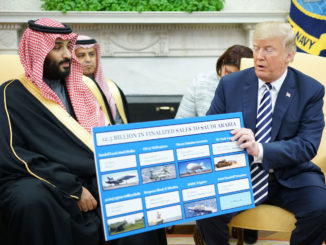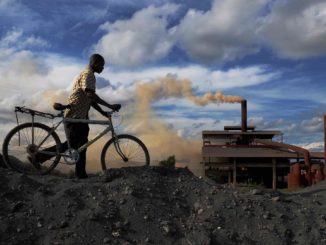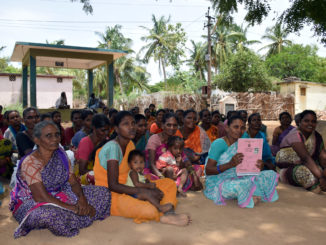
The American War Machine Is Ramping Up Under the Trump Administration
Source: Alternet
Everything this administration does is geared toward intimidation and war.Last week, on July 26, the United States House of Representatives passed the 2019 National Defense Authorization Act, which will then go on to the U.S. Senate and finally to the U.S. president. It is worthwhile to note that 139 Democrats, including the entire Democratic Party leadership, voted for this bill. This Act provides the U.S. government with $717 billion for a year’s military spending. This is $100 billion more than was spent last year (which is itself more than half of the annual Chinese military budget). No country spends money on its military like the United States. It’s not long now before the annual U.S. military budget will cross the $1 trillion mark.



